CBD for IBS: A Promising Treatment Option
Estimated reading time: 11 minutes
- Introduction
- What is CBD?
- Regulating Gut Motility: CBD's Impact on Bowel Movements
- Anxiety: CBD's Potential in Alleviating IBS-Related Stress
- Pain Management: Easing Abdominal Pain with CBD Oil
- How CBD Possibly Helps with IBS
- Using CBD Oil for IBS: Best Practices
- Determining the Right CBD Dosage for IBS
- CBD Forms and Their Dosages
- Monitoring and Adjusting Your Dosage
- CBD Oil and IBS: Potential Side Effects
- Dangers of CBD for IBS
- FAQ – CBD for Irritable Bowl Syndrome
- Conclusion: CBD and IBS
- The Real CBD for IBS
Introduction

IBS, or Irritable Bowel Syndrome, is a condition that affects many individuals, causing a range of distressing symptoms. Fortunately, CBD products has gained popularity as a safe and natural treatment option that may help manage IBS symptoms. With its wide-ranging potential benefits, CBD oil has emerged as a promising choice to consider.
What is CBD?
Derived from the cannabis plant, CBD is a non-intoxicating compound known for its therapeutic properties. While many people use CBD to address various health concerns, there are questions about its impact on digestive health. In this comprehensive article, we will delve into the potential relationship between CBD for IBS, explore the benefits of CBD for digestive health, and discuss the risks and side effects associated with its use.
Regulating Gut Motility: CBD's Impact on Bowel Movements

One of the most common and inconvenient symptoms of IBS is its effect on bowel movements. It can lead to intense bouts of diarrhoea or constipation, causing significant discomfort. CBD oil has shown promise in addressing this issue by possibly regulating gut motility.
CBD is believed to provide relaxing effects on the nerves, which can promote smooth elimination and alleviate constipation. Moreover, CBD's possible antioxidant properties may contribute to improved gut health, resulting in more regular and healthier bowel movements.
On the other hand, diarrhoea can be directly linked to high levels of stress and anxiety, which are often experienced by individuals with IBS. CBD has demonstrated potential anti-stress benefits due to its interaction with various receptors in the body. Consequently, CBD could be a viable option for relieving both diarrhoea and constipation.
Animal studies have supported these findings, with research on mice indicating that CBD reduces gut tension, regulates contractions, and influences nerve channels. While further research is needed to establish conclusive evidence, these preliminary results are undoubtedly promising.
Anxiety: CBD's Potential in Alleviating IBS-Related Stress

Researchers have found a direct connection between lowered serotonin levels and IBS patients. Serotonin levels not only affect stool motility but also impact mood. In fact, low serotonin levels have been associated with heightened feelings of stress, anxiety, and fear.
Anxiety and IBS have a reciprocal relationship, with each potentially exacerbating the other. Breaking this negative cycle can be challenging, but recent years have seen CBD gain popularity as a potential support for anxiety. Although most studies on CBD's effects have been conducted on animals, the results are encouraging.
CBD interacts with receptors in the brain, which may promote feelings of calm while reducing cortisol levels and heart rate. By addressing anxiety, CBD may indirectly alleviate symptoms associated with IBS.
Pain Management: Easing Abdominal Pain with CBD Oil

The extreme abdominal pain experienced by IBS patients is undoubtedly one of the most inconvenient symptoms. This pain often stems from oversensitive nerve endings in the gut area and affects a significant portion of individuals with IBS.
Thankfully, CBD has potential in reducing chronic pain, particularly in the gut area. Numerous studies on mice have indicated that CBD can help manage pain resulting from digestive discomfort, providing relief for IBS-related pain symptoms.
Many of these studies have shown that CBD interacts with specific brain receptors, resulting in lower pain levels. It is important to note that CBD has demonstrated minimal to no side effects in these studies.
While further research is necessary to draw definitive conclusions, the existing evidence is undeniably promising.
More from our blog:
How CBD Possibly Helps with IBS
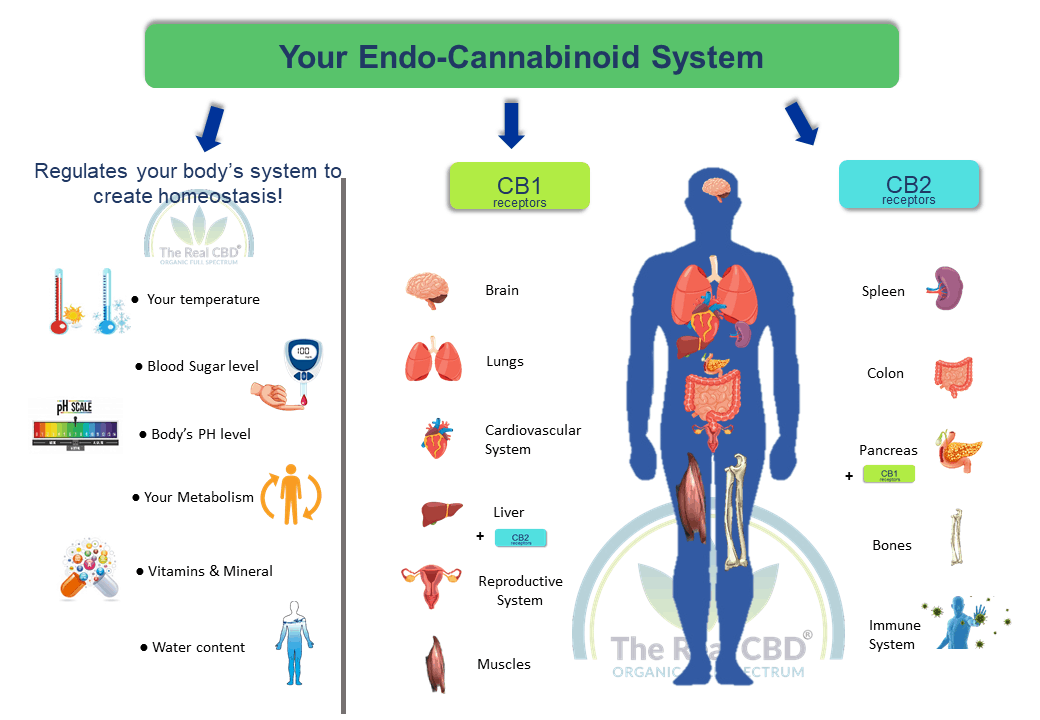
CBD's potential to support digestion lies in its impact on the endocannabinoid system (ECS). The ECS, present in every individual, consists of endocannabinoids naturally produced by the body and receptors located in the nervous system, including the brain.
Cannabinoids found in the cannabis plant, such as CBD, can bind to these receptors, leading to specific effects throughout the body. The ECS plays a crucial role in regulating various bodily processes, including mood, hormones, and food processing.
CBD can also influence serotonin levels. While it does not increase serotonin production, it affects how the brain's receptors respond to the serotonin already present in the body. This interaction can contribute to a more balanced mood and potentially alleviate IBS symptoms.
Can CBD cause diarrhoea or constipation?
Using CBD Oil for IBS: Best Practices
CBD oil is a natural treatment option with minimal side effects. However, it is essential to consult with your doctor before incorporating CBD into your IBS management plan. They will assess whether CBD oil is a suitable option for your specific symptoms and whether it may interact with any existing medications.
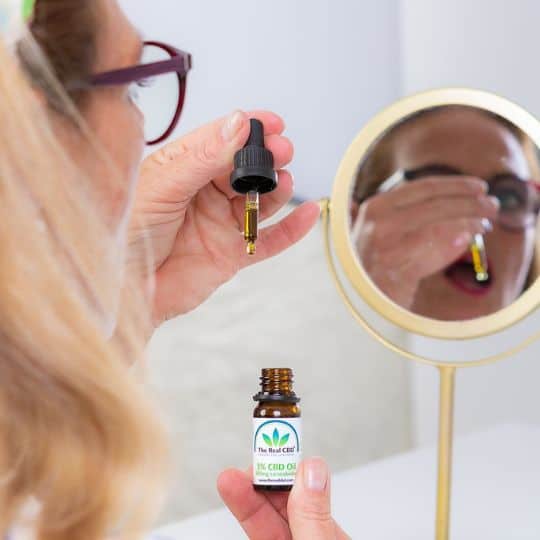
CBD oil can be consumed in various ways. Some people prefer adding a few drops to smoothies or soups, while others apply it topically. Another effective method is placing drops under the tongue, allowing for better absorption rates.
To ensure a smooth transition, it is advisable to start with lower doses of CBD oil and gradually increase them. This allows your body to adjust to the effects of CBD and determine the optimal dosage for your needs. Individual body composition and other factors can influence how your body responds to CBD.
Determining the Right CBD Dosage for IBS
The appropriate CBD dosage for IBS varies from individual to individual. Factors such as body weight, the severity of symptoms, and individual body chemistry influence the effective dose. Generally, it's recommended to start with a low dose and gradually increase it until the desired effects are achieved.
Low Dosage: Starting Point
Begin with a low dosage, around 5-10mg of CBD per day. Observe the effects for a week, noting any changes in IBS symptoms. This cautious approach helps in understanding how your body reacts to CBD.
Moderate Dosage: Symptom Management
If the initial low dose is well-tolerated but not sufficiently effective, increase the dosage gradually. A moderate dose typically ranges from 10-20mg per day, providing a balance between efficacy and minimizing potential side effects.
High Dosage: Severe Symptoms
For severe IBS symptoms, some individuals may require higher doses, ranging from 20-100mg per day. High doses should only be considered after consulting with a healthcare professional, especially for those on other medications.
CBD Forms and Their Dosages
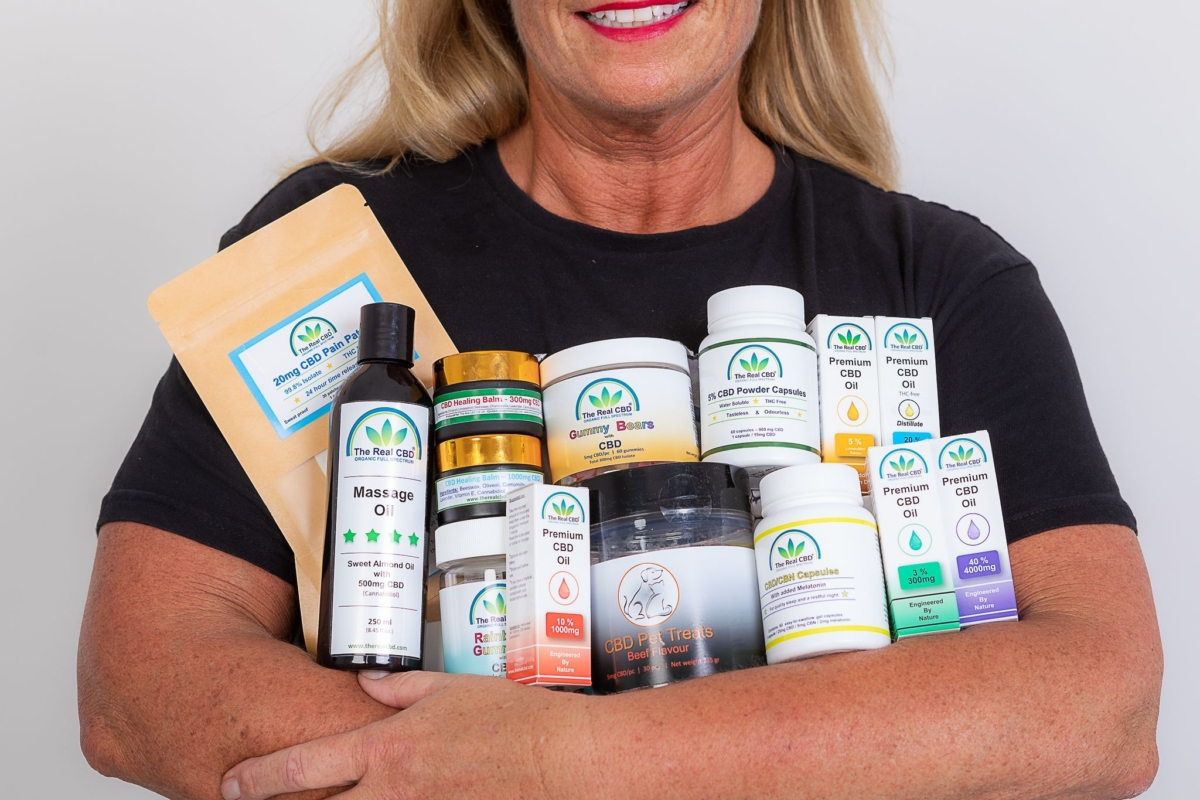
CBD is available in various forms, each with its own dosage considerations:
- CBD Oil and Tinctures: These are typically administered sublingually, allowing for quick absorption. Dosages can be easily adjusted using the dropper.
- CBD Capsules and Edibles: Offering a pre-measured dose, these are convenient for consistent dosing but may take longer to produce effects.
- CBD Topicals: Useful for localized symptoms, such as abdominal pain, but less effective for overall symptom management.
Monitoring and Adjusting Your Dosage
Regular monitoring is essential when using CBD for IBS. Keep a symptom diary to track your progress and adjust the dosage as needed. Consult with a healthcare professional, especially when making significant dosage changes.
CBD Oil and IBS: Potential Side Effects
CBD oil is generally safe and well-tolerated by many individuals. However, some people may experience certain side effects. These can include dizziness, fatigue, and changes in appetite or bowel movements.
To minimize the risk of side effects, it is important to choose high-quality CBD products from reputable companies. These products undergo rigorous quality testing, ensuring their effectiveness without any unpleasant side effects.
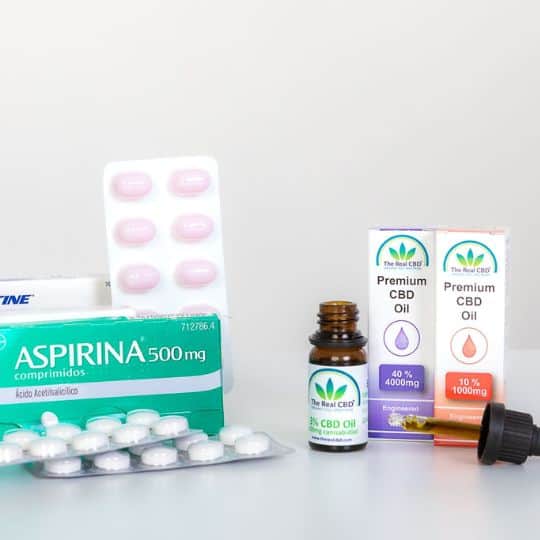
More about CBD Side Effects here
Dangers of CBD for IBS
How Good and Clean CBD Products Are
When thinking about CBD for IBS, it's important to choose high-quality goods from a reputable company. CBD goods that are low-quality or not pure may contain harmful substances or contaminants that could make digestive problems worse. It is best to buy CBD from reliable sources and look for goods that have been tested by a third-party lab to make sure of their quality.
Possible Drug Interactions
CBD can affect the enzymes in the liver that break down drugs, so it can combine with some medicines. If you are already taking prescription drugs, you should talk to your doctor before adding CBD to your routine. This will help reduce the chance of bad reactions.
How Each Person Reacts and How Much to Give
People may react to CBD and its effects on IBS and gut health in different ways. It is best to start with a low dose and slowly increase it as needed while keeping an eye on how your body reacts. Finding the best dosage and product form may take some trial and error and the help of a medical worker.
FAQ – CBD for Irritable Bowl Syndrome

CBD oil has shown promise in regulating gut motility, which can help alleviate symptoms of diarrhoea and constipation in individuals with IBS. It may provide relaxing effects on the nerves, promote smooth elimination, and contribute to improved gut health.
CBD has the potential to alleviate IBS-related anxiety due to its interaction with receptors in the brain. By promoting feelings of calm and potentially reducing cortisol levels and heart rate, CBD may indirectly alleviate anxiety and its impact on IBS symptoms.
CBD has potential in reducing chronic abdominal pain experienced by individuals with IBS. Studies on mice have indicated that CBD interacts with specific brain receptors, leading to lower pain levels in the gut area. However, further research is necessary to draw definitive conclusions.
It is advisable to consult with a doctor before incorporating CBD oil into your IBS management plan. Start with lower doses of CBD oil and gradually increase them to allow your body to adjust and determine the optimal dosage. CBD oil can be consumed in various ways, such as adding it to food or placing drops under the tongue. Individual factors can influence how your body responds to CBD, so monitoring its effects is important.
Conclusion: CBD and IBS
While more research is needed, CBD oil shows promise in helping manage IBS symptoms. Its potential to improve gut motility, alleviate anxiety, and reduce pain in the abdominal area makes it an attractive treatment option for individuals with IBS.
Before incorporating CBD oil into your IBS management plan, consult with your doctor to determine if it is the right choice for you. Additionally, selecting high-quality CBD products is crucial for minimizing potential side effects.
With further research and scientific advancements, CBD oil has the potential to become a valuable addition to IBS treatment strategies, offering relief and improved quality of life for those affected by this challenging condition.
The Real CBD for IBS
-
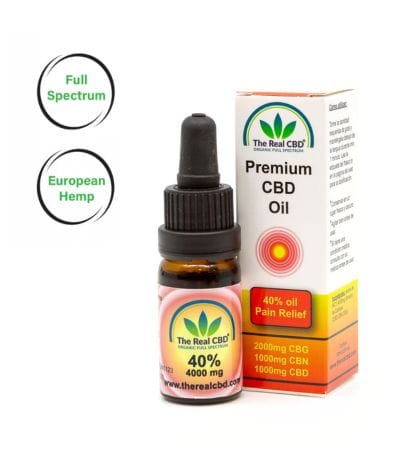 40% Pain Relief oil€179.00
40% Pain Relief oil€179.00 -
Product on sale
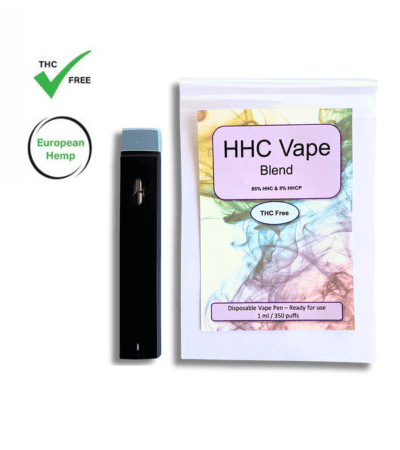 HHC VapeOriginal price was: €55.00.€35.00Current price is: €35.00.
HHC VapeOriginal price was: €55.00.€35.00Current price is: €35.00. -
Product on sale
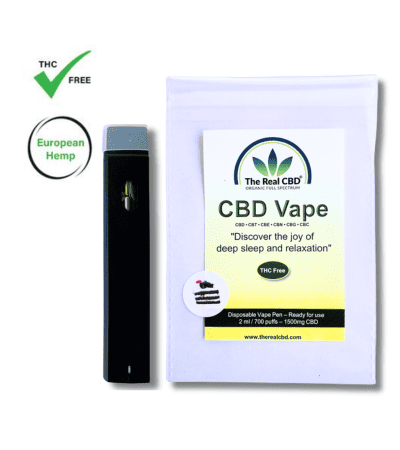 CBD Vape – Broad Spectrum€30.00 – €45.00
CBD Vape – Broad Spectrum€30.00 – €45.00 -
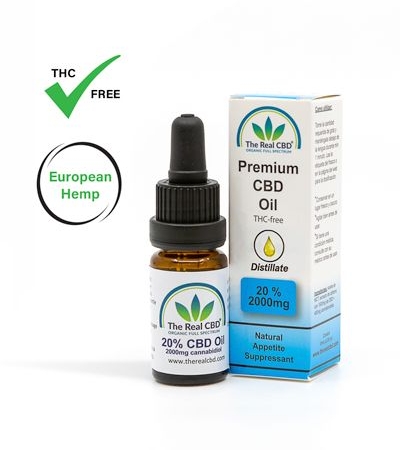 20% CBD oil – Distillate€92.00
20% CBD oil – Distillate€92.00 -
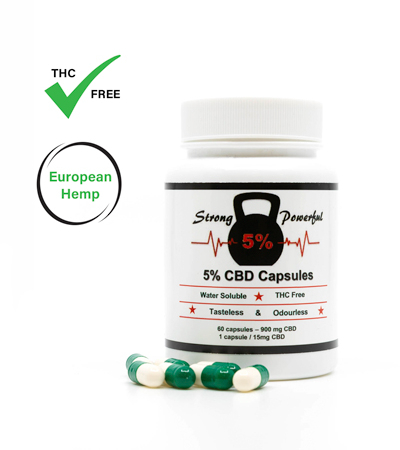 CBD Capsules for Athletes€59.00
CBD Capsules for Athletes€59.00 -
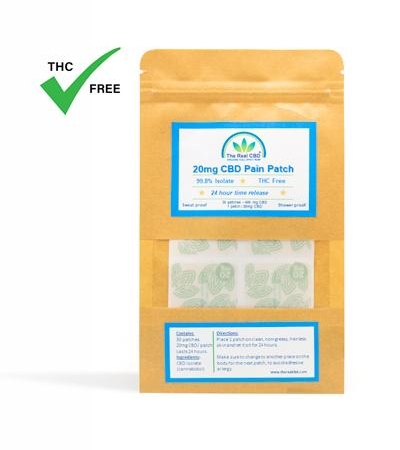 CBD Pain Patch 20mg€55.00
CBD Pain Patch 20mg€55.00 -
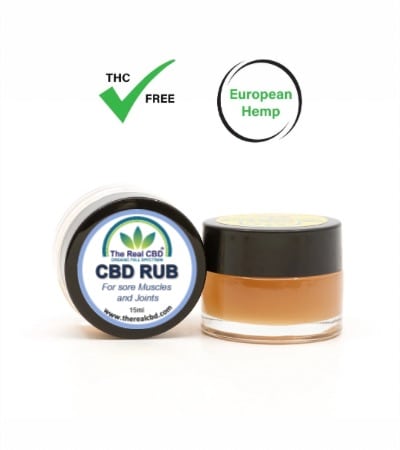 CBD Rub€17.50
CBD Rub€17.50 -
 CBD Massage pack€120.00
CBD Massage pack€120.00 -
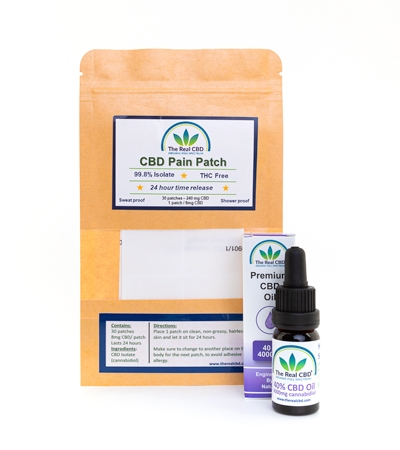 CBD Severe Pain Pack€183.00
CBD Severe Pain Pack€183.00 -
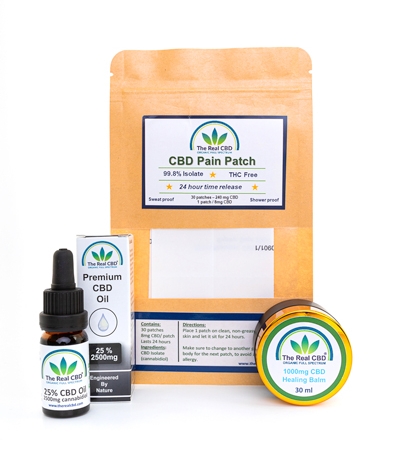 CBD Strong Pain Pack€195.00
CBD Strong Pain Pack€195.00 -
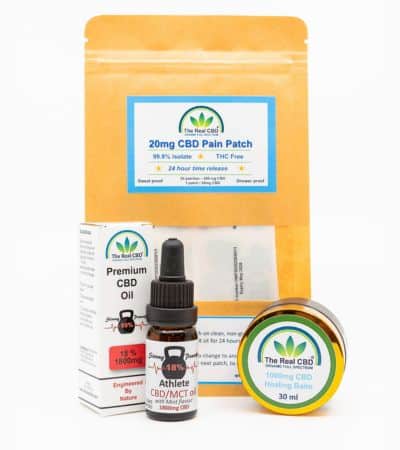 CBD Athletes Pack€158.00
CBD Athletes Pack€158.00 -
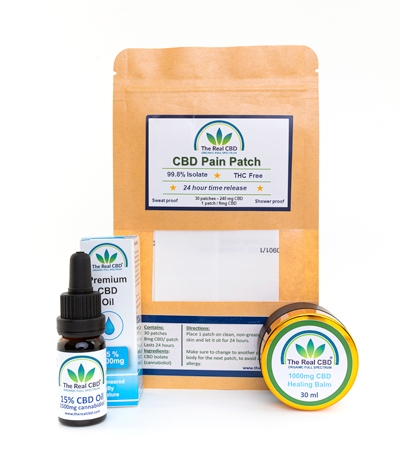 CBD Medium Pain Pack€139.00
CBD Medium Pain Pack€139.00

I am a certified expert in Medicinal Cannabis. We are all about giving correct and trustworthy information. We know how important it is to learn about CBD and cannabis, which is why we want to be your go-to source for trustworthy information. We help you improve your health by using our knowledge and experience as a starting point.







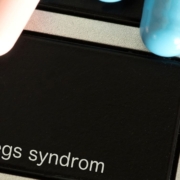
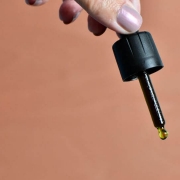





Leave a Reply
Want to join the discussion?Feel free to contribute!